- Home
- Articles
- Architectural Portfolio
- Architectral Presentation
- Inspirational Stories
- Architecture News
- Visualization
- BIM Industry
- Facade Design
- Parametric Design
- Career
- Landscape Architecture
- Construction
- Artificial Intelligence
- Sketching
- Design Softwares
- Diagrams
- Writing
- Architectural Tips
- Sustainability
- Courses
- Concept
- Technology
- History & Heritage
- Future of Architecture
- Guides & How-To
- Art & Culture
- Projects
- Interior Design
- Competitions
- Jobs
- Store
- Tools
- More
- Home
- Articles
- Architectural Portfolio
- Architectral Presentation
- Inspirational Stories
- Architecture News
- Visualization
- BIM Industry
- Facade Design
- Parametric Design
- Career
- Landscape Architecture
- Construction
- Artificial Intelligence
- Sketching
- Design Softwares
- Diagrams
- Writing
- Architectural Tips
- Sustainability
- Courses
- Concept
- Technology
- History & Heritage
- Future of Architecture
- Guides & How-To
- Art & Culture
- Projects
- Interior Design
- Competitions
- Jobs
- Store
- Tools
- More
How Airports Shape Your Travel Experience: From Curbside to Boarding
Discover how airports shape half your trip from pre-trip apps and curbside flow to check-in, security, terminal design, and boarding. Learn why signage, accessibility, Wi‑Fi, local food, and smooth connections matter, and how human‑centered, sustainable hubs turn delays into better travel.
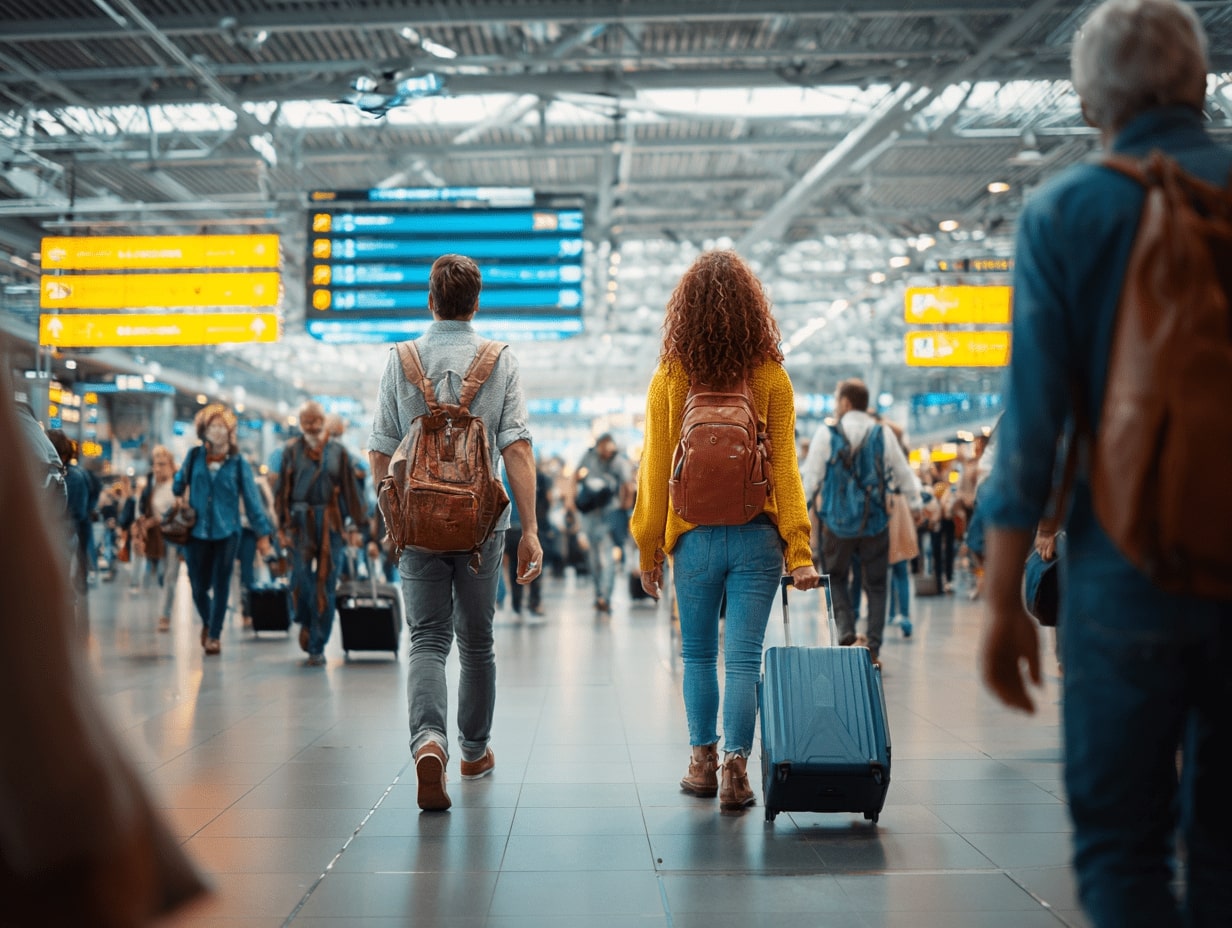
We talk a lot about airlines, but half of every trip is decided by the airport. From the moment we open an app at home to the moment we board, the built environment, operations, and digital systems either smooth the path, or fray our nerves. Here’s how airports shape your travel experience, and how the details we rarely notice end up mattering most.
Table of Contents
ToggleBefore the Terminal: Digital Touchpoints and Ground Access
Pre-Trip Guidance, Apps, and Parking
The best trips start before we hit the road. Strong airport apps and websites surface real-time security wait times, terminal maps, and gate changes, and they integrate with airline apps so we’re not hopping between tools. When parking is scarce, pre-booking with dynamic pricing, license plate recognition, and EV charging availability takes guesswork out of the equation. Even better: push notifications that nudge us toward the right door for our airline, or remind us which checkpoint supports TSA PreCheck and CLEAR.
Public transit matters, too. Clear trip planners, fare details, and first/last train times help us decide whether to ride or drive. A small touch, like showing rideshare pickup zones and cross-street labels in the app, can save 10 minutes of curbside wandering.

Curbside Flow and Accessibility
Curbside is where stress spikes. Split-level roadways, separate lanes for private cars, taxis, and rideshare, and visible wayfinding reduce last‑minute lane changes. Covered walkways and wind breaks make winter drop-offs bearable. For accessibility, we look for curb cuts, tactile paving, ramp gradients that meet ADA guidance, and obvious call points for wheelchair assistance. When skycaps, porters, and baggage carts are easy to find, the whole entrance sequence feels humane. Enforcement of dwell limits keeps traffic moving without creating a police-state vibe: it’s a balance, but when airports get it right, everyone benefits.
Check-In, Bag Drop, and Security Set the Tone
Self-Service Versus Staffed Options
Airports shape our first impression by how they stage check-in. Self-service kiosks, mobile check-in, and automated bag drops speed simple journeys. Biometric checks can match us to our reservation and print tags in seconds. But staffed counters still matter, for families, complex itineraries, special assistance, and irregular ops. The winning formula is choice: let frequent travelers move fast while keeping empathetic agents visible and empowered to solve problems.
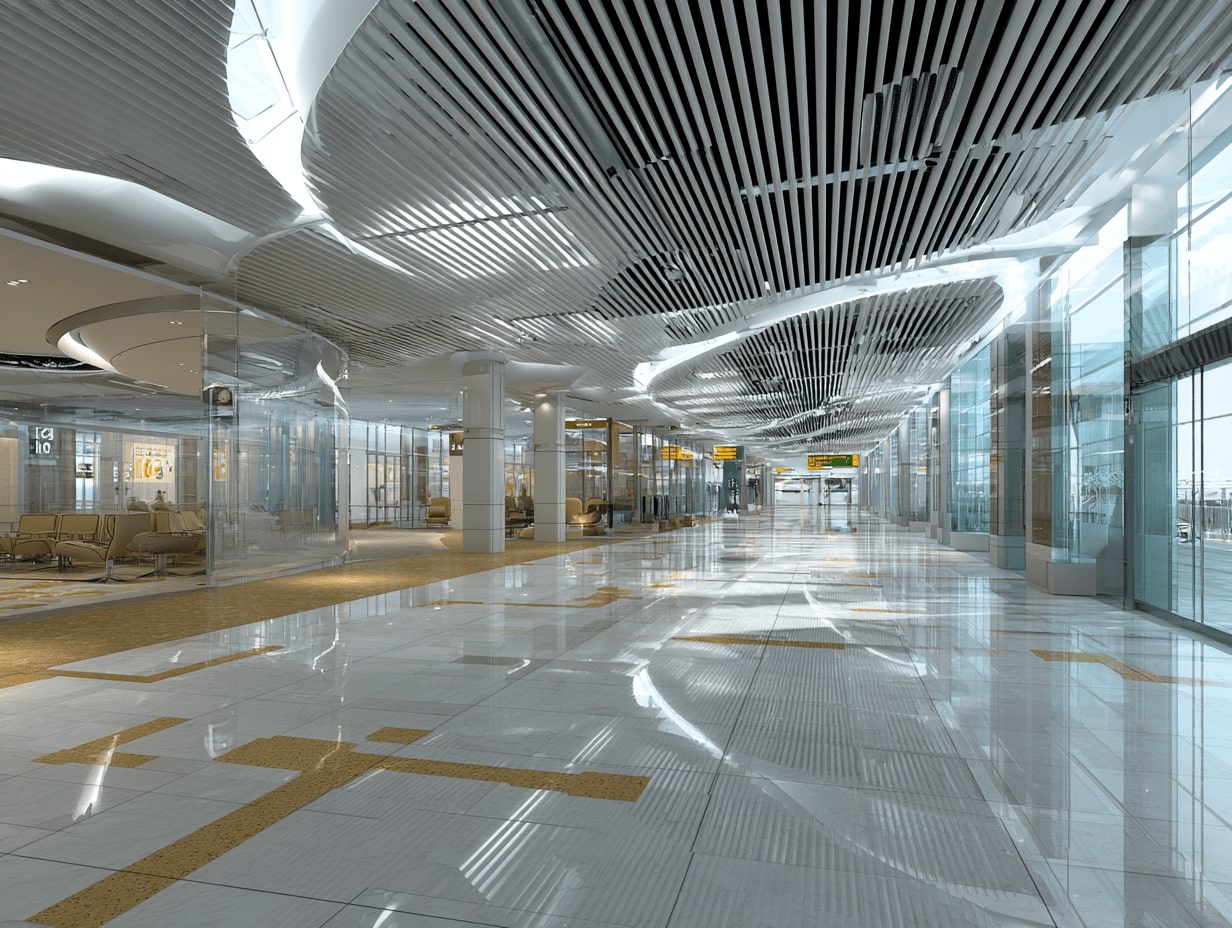
Queue Design and Screening Tech
Security either calms us or kills momentum. Well-designed queues use serpentine lines, clear signage, and lane ambassadors to keep questions from becoming bottlenecks. Parallel divestment stations, larger bins, and enough table length stop the “shoe dance” traffic jam. CT scanners that let laptops and liquids stay in bags, plus privacy‑friendly scanners and automated return of bins, can lift throughput by double digits while reducing stress. When airports publish live wait times and label lanes (families, PreCheck/FAST, accessible), we choose better, and the whole system runs smoother.
Terminal Design and Wayfinding Shape Your Mood
Signage, Lighting, and Acoustics
Inside, small design choices set our mood. High-contrast signage, consistent iconography, and logical numbering make wayfinding intuitive. Natural daylight lowers stress, but glare control is key so we can still read screens. Thoughtful acoustics, sound‑absorbing ceilings, clear PA systems, and quiet zones, beat the echo-chamber chaos many of us grew up with. Multilingual pointers at decision points (security exit, transit links, restrooms) prevent the classic “U-turn shuffle.”

Inclusivity, Sustainability, and Wellness Features
Great terminals work for all of us: step‑free routes, adult changing tables, gender‑neutral restrooms, prayer/meditation rooms, lactation suites, and service‑animal relief areas. Water refill stations and bottle sales transparency keep us hydrated without sticker shock. On the sustainability front, LEDs, efficient HVAC, and smart glass cut energy use: biophilic touches, plants, natural materials, soften long waits. Some hubs now tune lighting to support circadian rhythms on red-eye banks, a small tweak that helps us feel human.
Turning Dwell Time Into Quality Time
Seating, Power, Wi‑Fi, and Workspaces
Dwell time doesn’t have to feel wasted. Mixed seating, benches, soft chairs, bar‑height counters, lets us choose how to sit, not just where. Power at nearly every seat (with AC plus USB‑C) is table stakes: outlets stranded along the wall create chaos. Fast, simple Wi‑Fi with a minimal splash page keeps us connected. Bonus points for quiet work pods, phone booths, and family zones near play areas. When airports plan sightlines so we can watch our gate board while we work, anxiety drops.
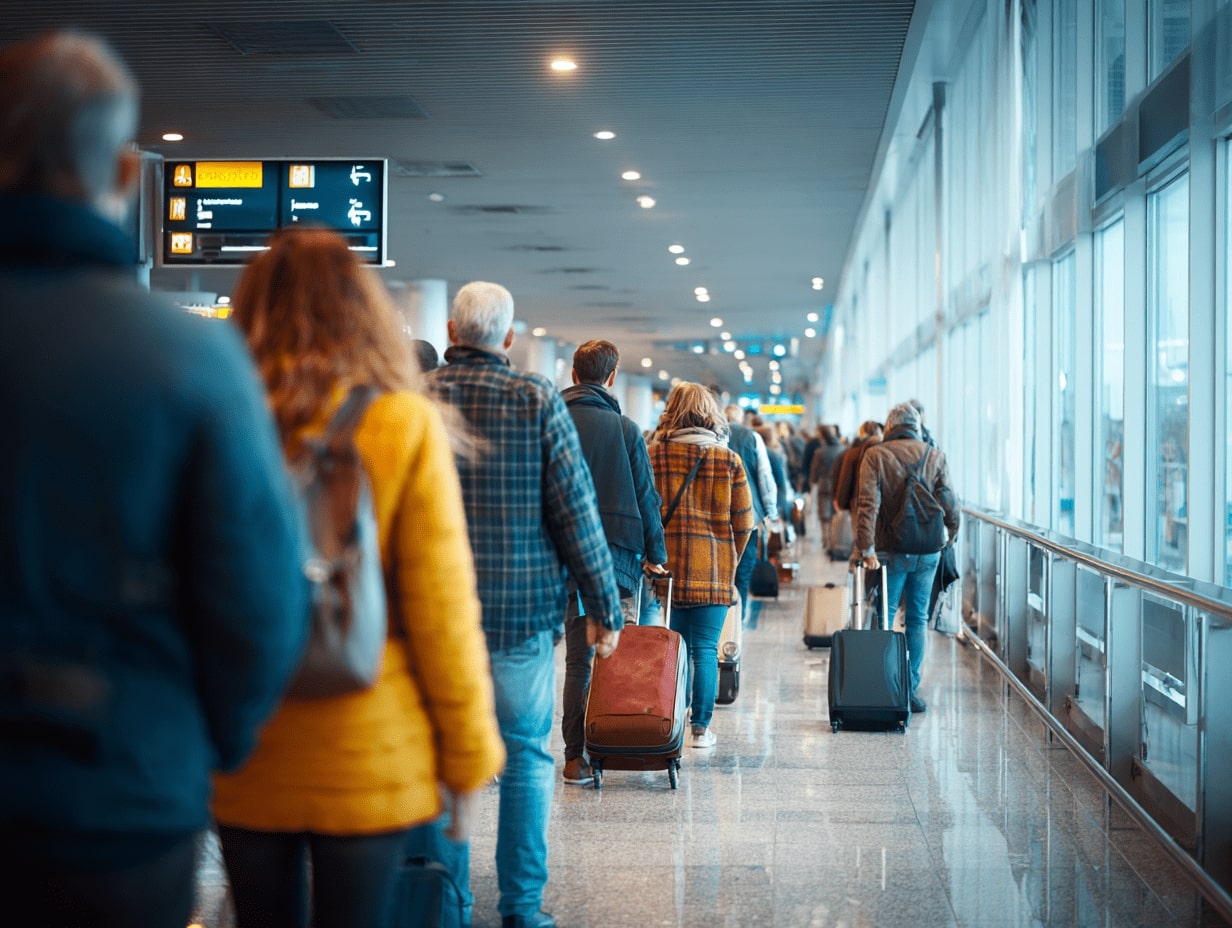
Food, Retail, Lounges, and a Sense of Place
Food shapes memory. We gravitate to airports that champion local restaurants, roasters, and breweries rather than generic food courts. Contactless ordering to seat, pickup lockers, and honest pricing policies (no 300% “airport tax”) build trust. Retail that leans into travel needs, pharmacy items, layers, regional gifts, beats trinket overload. Lounges aren’t just for luxury: day passes, credit‑card access, and quiet rooms provide real refuge. Art programs, tarmac views, and locally inspired materials give us that “I’m in Portland” or “I’m in Austin” feeling the moment we sit down.
Connections, Boarding, and When Things Go Wrong
Transfers, Minimum Connection Times, and Border Control
The quality of a connection hinges on distance, clarity, and systems. Clear minimum connection times (MCTs) help us book smart, but maps and moving walkways, airside trains, and well‑timed buses make the difference under pressure. Through‑check baggage and re‑clearing security only when necessary keep momentum. For international legs, e‑gates and biometric border control shorten lines, while staffed assistance remains vital for families and non‑eGate passports.
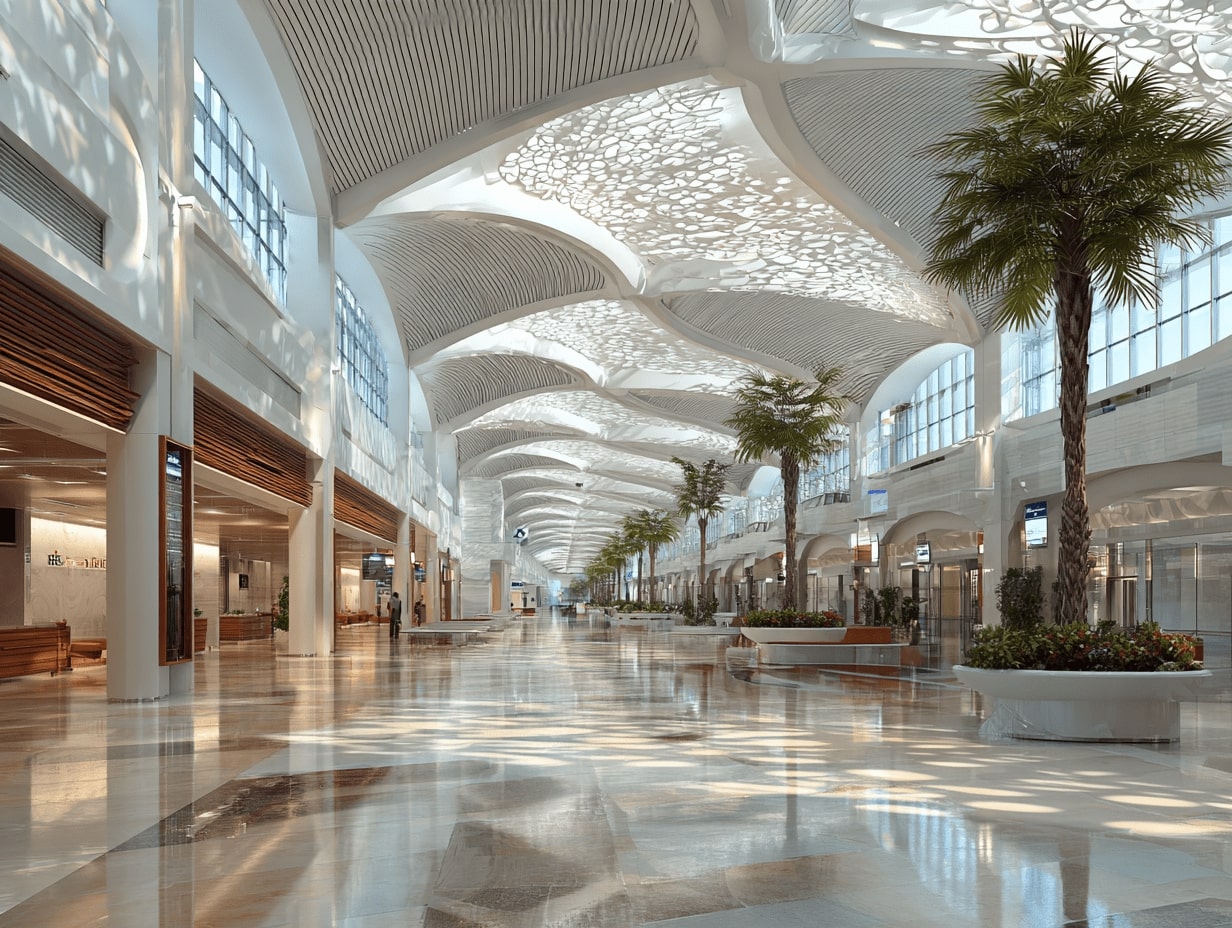
Gate Processes, On-Time Performance, and Delay Communication
Boarding is a choreography problem. When airports provide wide holdrooms, clear group zones, working PA systems, and self‑boarding gates that sync with airline apps, lines shrink and dwell feels calmer. Irregular operations test everyone: de‑icing, weather holds, and slot constraints. The best airports coordinate with airlines to push real‑time updates to screens and apps, offer proactive rebooking options, and communicate amenities (meal vouchers, quiet areas, kids’ spaces) without making us hunt. Honest timelines beat repeated “10 more minutes” announcements every time.
Conclusion
Airports are the stage on which our journeys play out. When digital tools, curbside flow, security, design, amenities, and gate processes align, the trip feels almost effortless. We can vote with our feet, choose smarter connections, use the airport app, and favor hubs investing in human‑centered design. That’s how airports shape your travel experience, and how we can shape airports in return: by expecting better and rewarding it.
- airport amenities
- airport check-in process
- airport convenience
- airport customer experience
- airport dining options
- airport innovations
- airport lounge access
- airport navigation tips
- airport security procedures
- airport services
- airport shopping experience
- airport transit tips
- airport travel experience
- airport waiting areas
- boarding process at airports
- curbside airport services
- efficient airport transit
- improving airport experience
- seamless airport journey
Submit your architectural projects
Follow these steps for submission your project. Submission FormLatest Posts
Techo International Airport Cambodia by Foster + Partners
Techo International Airport in Phnom Penh by Foster + Partners combines sustainable...
Deauville Terminal Saint-Gatien-des-Bois by Ferrier Marchetti Studio
The Deauville Terminal redefines airport design with a focus on sustainability, simplicity,...
TAM Aviation’s VIP Lounge for Executives at Congonhas Airport
São Paulo, 2024 – With more than 60 years of tradition in...








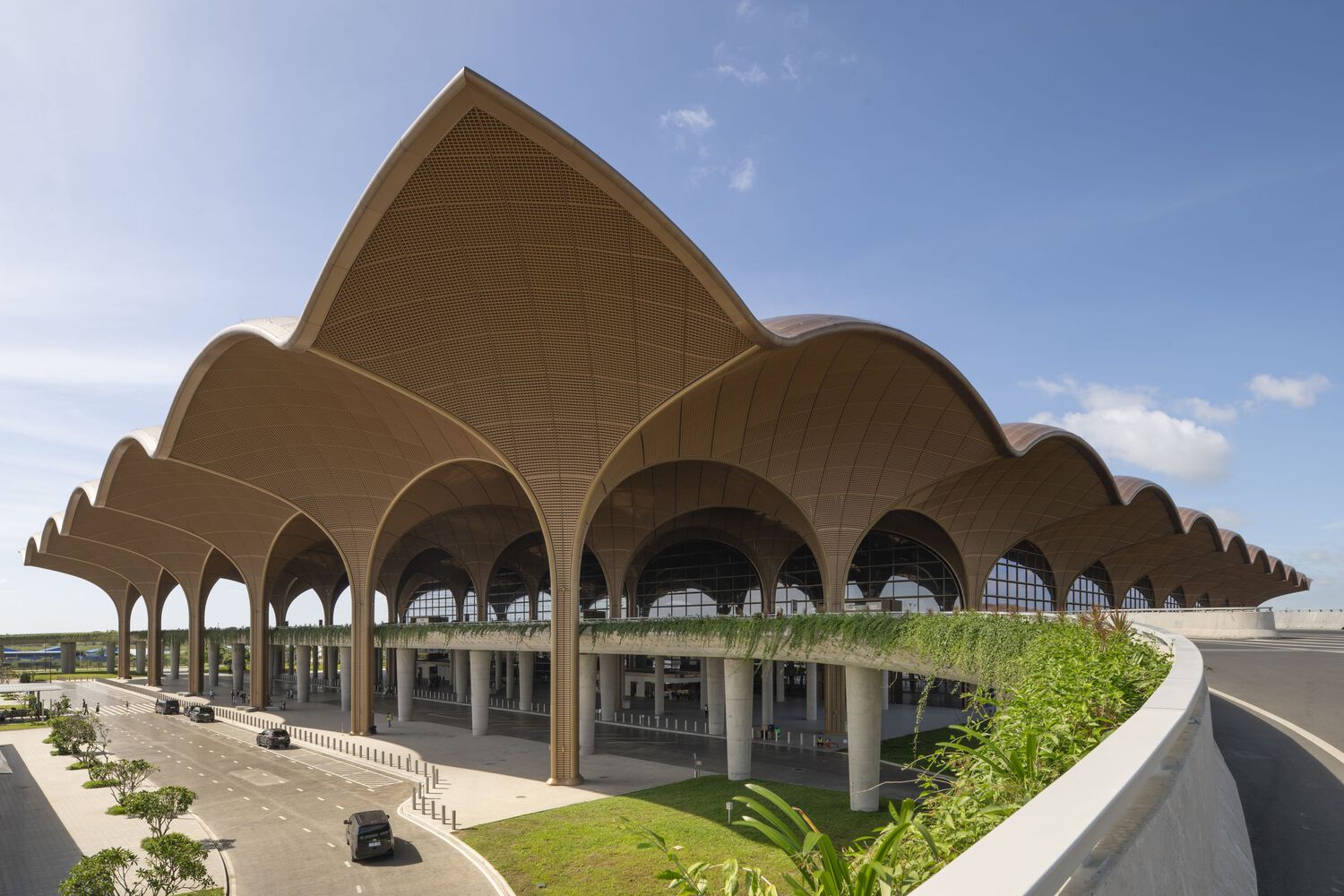


Leave a comment